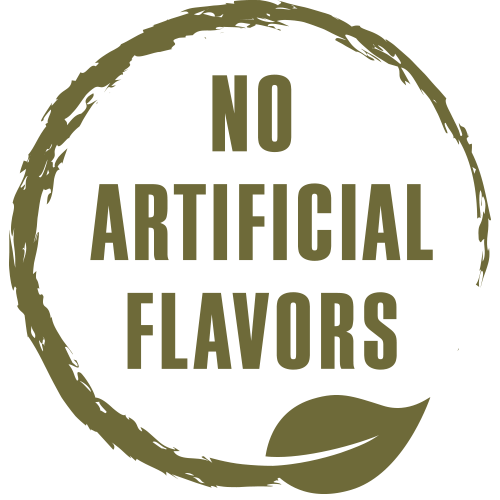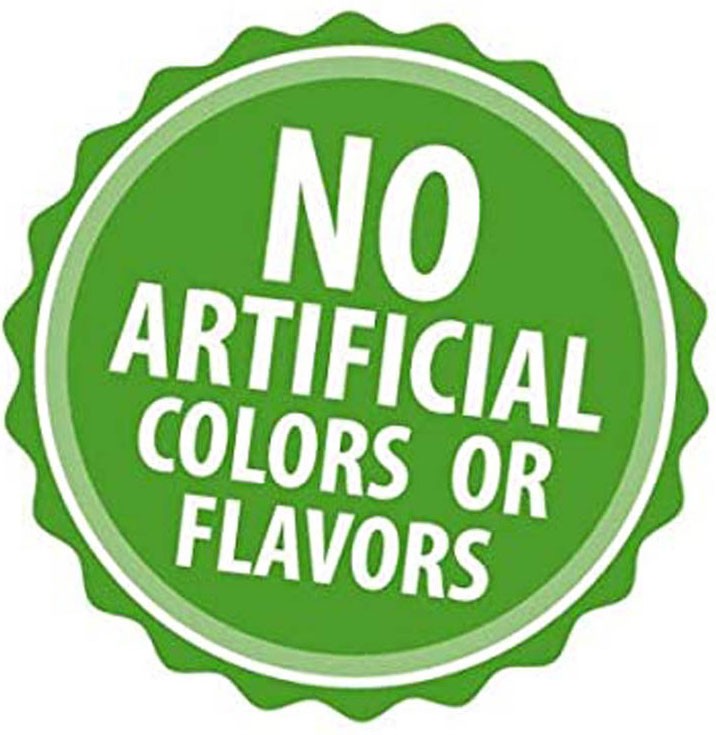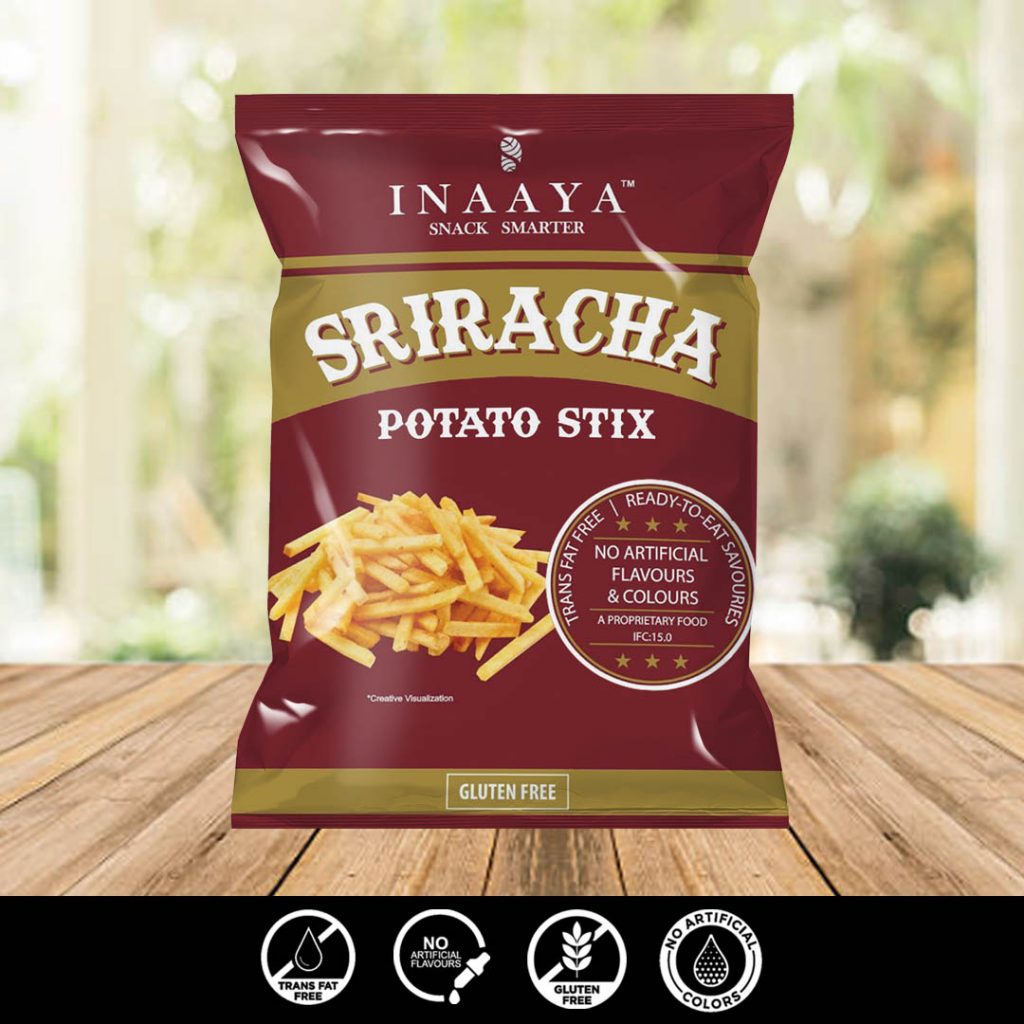No Artificial Flavors
 Artificial Flavours
Artificial Flavours
A flavour can be labelled as artificial if one or more of its components are processed synthetically and is not derived from natural sources. These are substances obtained by chemical synthesis or chemical modification of natural substances, but which are not present in natural products. Flavorists make artificial flavors by combining chemicals made from inedible ingredients, such as paper pulp or petroleum. Artificial flavors are made to smell and taste exactly like natural flavorings. They must pass stricter safety testing, too. But even so, organic purists believe that artificial flavors can cause a host of health problems.
Consumption of synthetic flavours can have an adverse health impact and can cause diseases such as brain tumors, cancer, dizziness, nausea, kidney problems, mental confusion, depression, allergies, fatigue and anxiety attacks. Consumers should refrain from consuming products containing synthetic flavours when possible.
In the food industry and more particularly the snacking industry, the taste profile of a product is vital in garnering acceptance in the market. In this quest to supply products in the market with an appealing taste profile, companies at times use seasonings containing components that are synthetic.
 It is very shocking that the use of Artificial Flavours is more liberal and prevalent in the North American market. The presence of artificial flavours in products is declared and the dosages permitted by the U.S. Food and Drug Administration (FDA) are much higher than what is permitted by the Indian food safety authorities (FSSAI).
It is very shocking that the use of Artificial Flavours is more liberal and prevalent in the North American market. The presence of artificial flavours in products is declared and the dosages permitted by the U.S. Food and Drug Administration (FDA) are much higher than what is permitted by the Indian food safety authorities (FSSAI).
A common belief is that foods made with natural flavours are healthier than those containing artificial flavours. However, a host of American researchers have declared that there is no nutritional difference between natural and artificial flavourings. These researchers advocate that consumers should instead restrict the amount of sugar and unhealthy fats in the foods they eat. This rationale is the reason why the U.S. Food and Drug Administration (FDA) has not imposed the kind of restrictions pertaining to the use of artificial flavours in the food industry in comparison to the Indian food safety regulators.
 Natural Flavours
Natural Flavours
The U.S. Food and Drug Administration defines natural flavours as those that a recreated from an edible source, such as vegetables, fruits, meat, poultry, dairy, herbs and spices. Scientists, called flavourists, use derivatives of these products to create over 2,000 chemicals that make up 500 natural flavours. Interestingly, flavours may come from unexpected sources. For example, to create lemon flavouring, flavourists use the citral chemical found in lemon peel, lemongrass or lemon myrtle.
Nature Identical Flavours
Nature-identical flavouring agents are the flavouring substances that are obtained by synthesis or are isolated through chemical processes. There chemical make-up of artificial flavourings is identical to their natural counterparts. These flavouring agents cannot contain any artificial flavouring substances.
